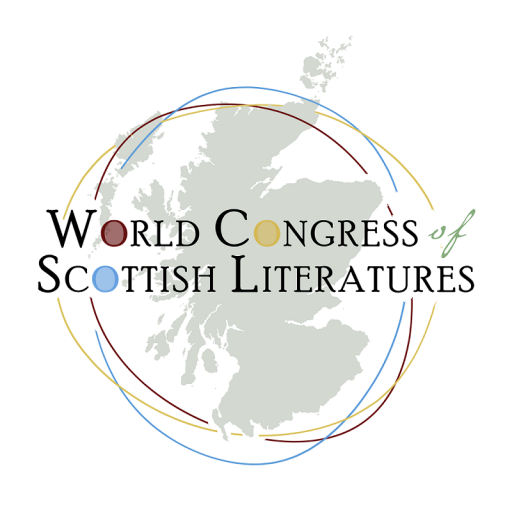Urban Mobilities and Strange Encounters in Suhayl Saadi’s Psychoraag
The aim of this paper is to study the configuration of the figure of the stranger in Suhayl Saadi’s Psyhoraag (2004), focusing on the embodiment of and mobility through the urban spaces portrayed in the text. Sara Ahmed’s conceptualisation of “strange encounters” (2000) will be related to postmodern urban theory in order to analyse the construction of the characters’ movements, exploration and representation of the city, as examples of what Tim Edensor defines as “choreographed form(s) of performance” of the fluid self in urban contexts (2000). It will also consider Saadi’s depiction of Glasgow as a historical site of intercultural encounter and intense negotiation of social hierarchies, using Ahmed’s theory of “affective economies” (2004). It will study the multifarious narrative voices of the novel, the use of languages —Urdu, English, Scots— and the anarchic song list broadcast by its protagonist. It will be argued that such an arrangement of the songs facilitates the reconstruction of a personal cultural route that juxtaposes the route of displacement of a previous generation from Lahore to Glasgow in the 1950s and their subsequent relocation in the social scale. It will be claimed that the final part of the text creates a multiplicity of “spaces of enunciation” (de Certeau 1984) for its main character in the section where the oneiric walking/imagining of Glasgow takes place. The interstitial spaces of signification he produces become the ultimate act of reconciliation with the city, its contradictions and disavowal.
Carla Rodríguez González, Universidad de Oviedo, Spain
